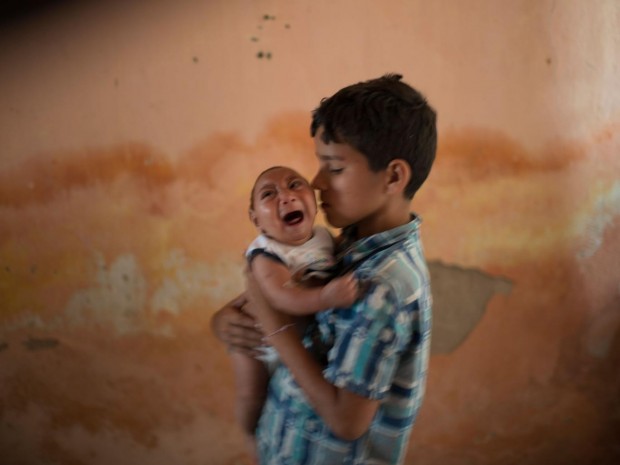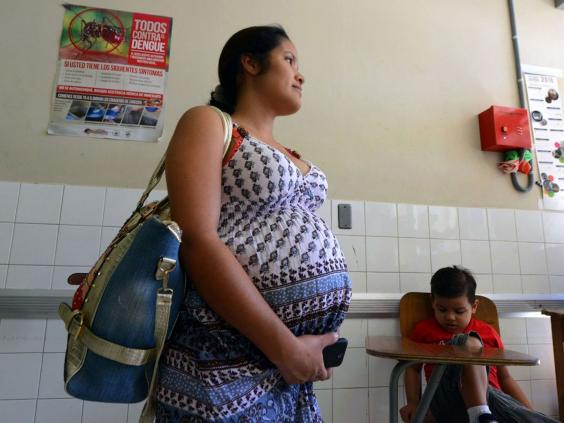Zika virus spreads fast, only two countries in the Americas will escape it

The Independent
Only two countries in the entirety of the Americas are likely to escape the reach of the mosquito-borne Zika virus – suspected of causing brain damage to babies.
Officials on Monday said they believed only Canada and Chile would escape the spread of the virus as it extends its spread in south, central and north America. It has already been detected in 21 countries and territories of the region since May 2015.
So far, there have been no confirmed cases of anyone being infected with the virus in the US. However, a baby born with an usually small head in Hawaii has triggered a national alert, while Los Angeles County public health officials issued their own warning last Friday after reports of several patients with Zika-symptoms.

Zika has historically occurred in parts of Africa, Southeast Asia and the Pacific Islands. But it is normally a mild disease and there is little scientific data on it, so it is unclear why it might be causing microcephaly in Brazil, the WHO has said.
“Zika has been isolated in human semen, and one case of possible person-to-person sexual transmission has been described,” the WHO said in a statement.
“However, more evidence is needed to confirm whether sexual contact is a means of Zika transmission.”
Reuters said that WHO Director-General Margaret Chan told the WHO executive board that she had asked Carissa Etienne, head of the WHO in the Americas, to brief the board later this week on the WHO’s response to the outbreak.
“Although a causal link between Zika infection in pregnancy and microcephaly has not, and I must emphasise, has not been established, the circumstantial evidence is suggestive and extremely worrisome,” Ms Chan said.
“An increased occurrence of neurological symptoms, noted in some countries coincident with arrival of the virus, adds to the concern.“
Brazil has reported 3,893 suspected cases of microcephaly, the WHO said last Friday, over 30 times more than had been reported in any year since 2010.
Colombia, Ecuador, El Salvador and Jamaica last week recommended women delay pregnancies until more was known about the virus.
How to submit an Op-Ed: Libyan Express accepts opinion articles on a wide range of topics. Submissions may be sent to oped@libyanexpress.com. Please include ‘Op-Ed’ in the subject line.
- Libya’s HCS invites applicants for key state roles - December 31, 2023
- UK calls on Iran to prevent escalation in Israel-Hamas conflict - November 05, 2023
- Libyan Interior Minister: Immigrant shelter costs a fortune - November 05, 2023


